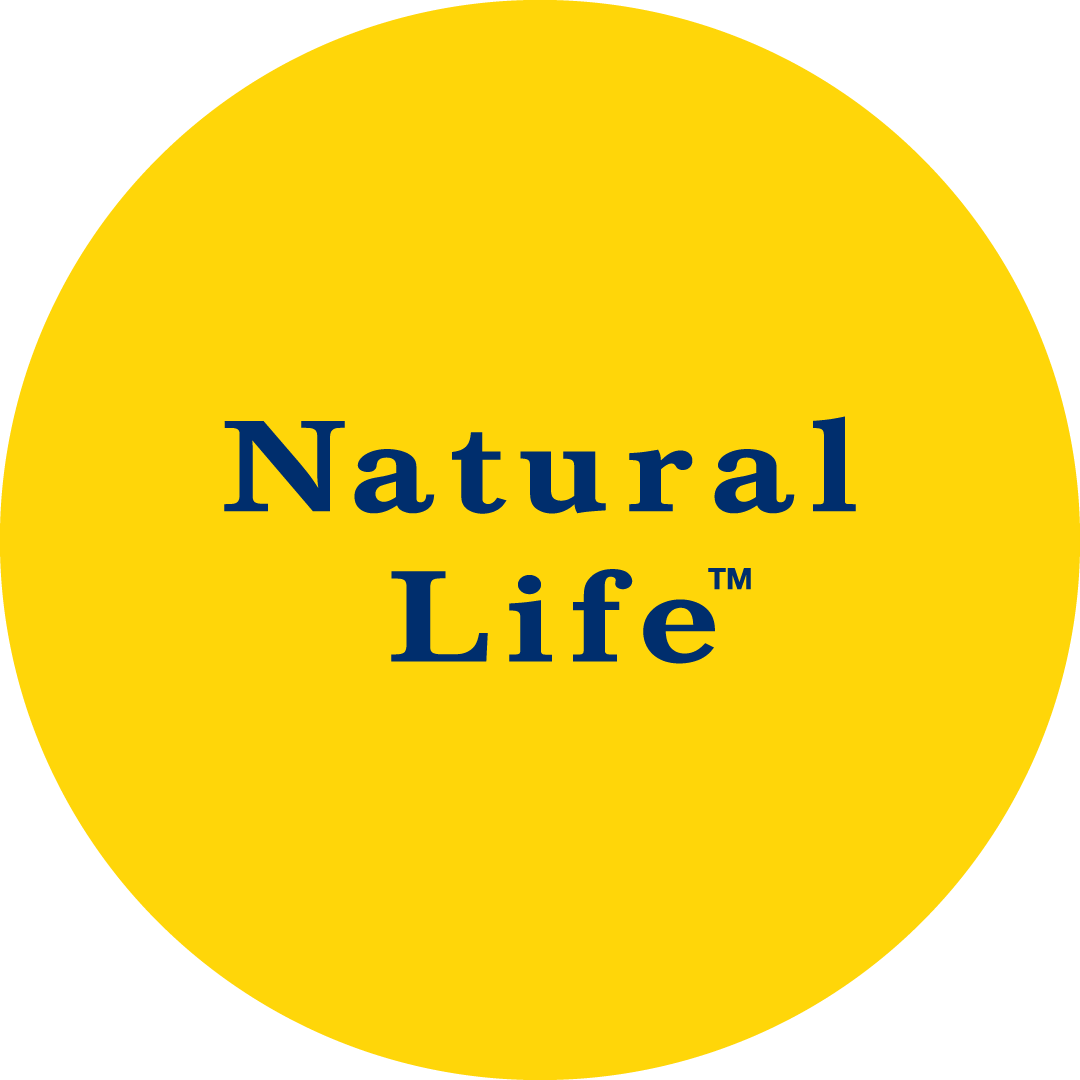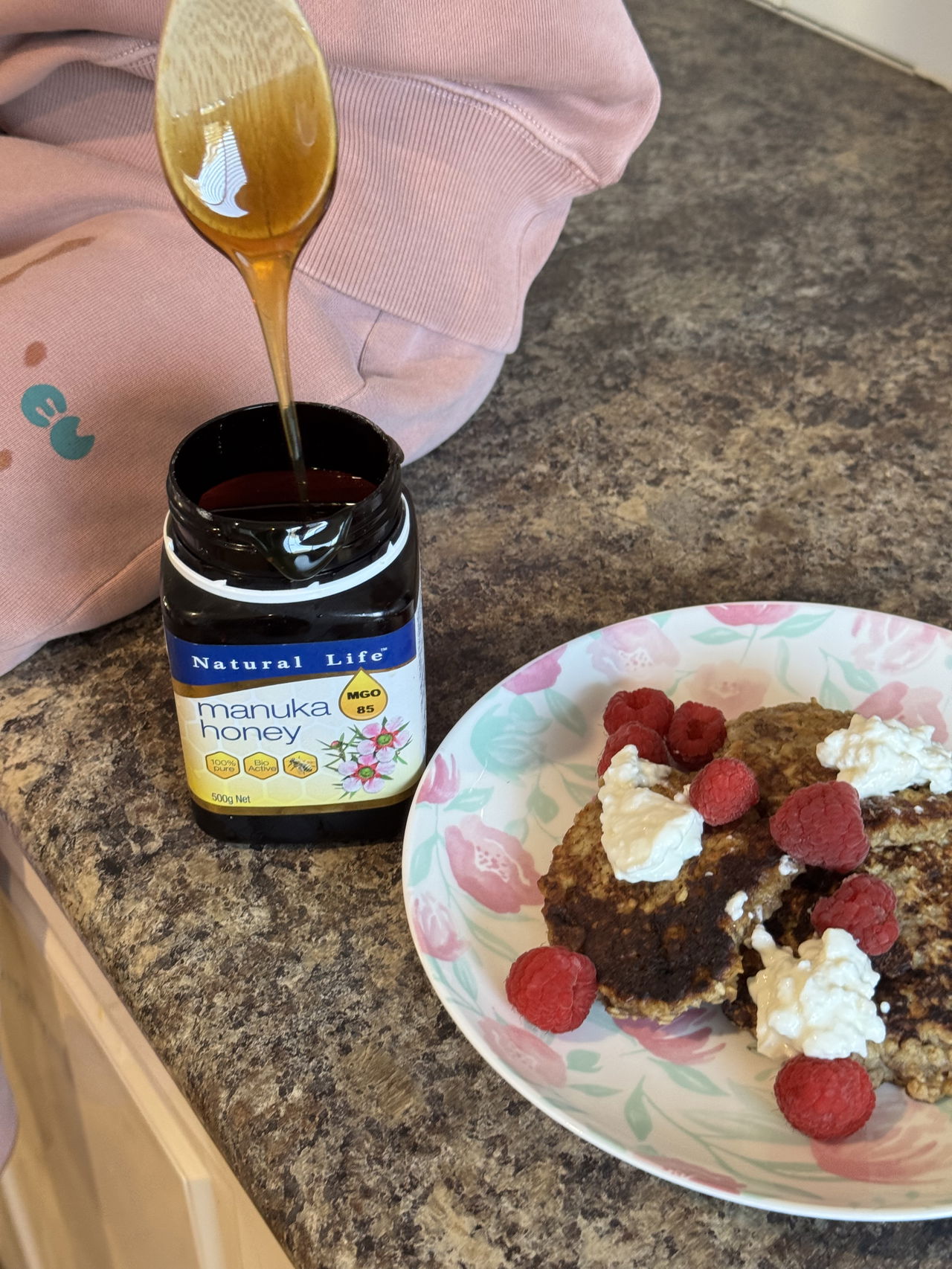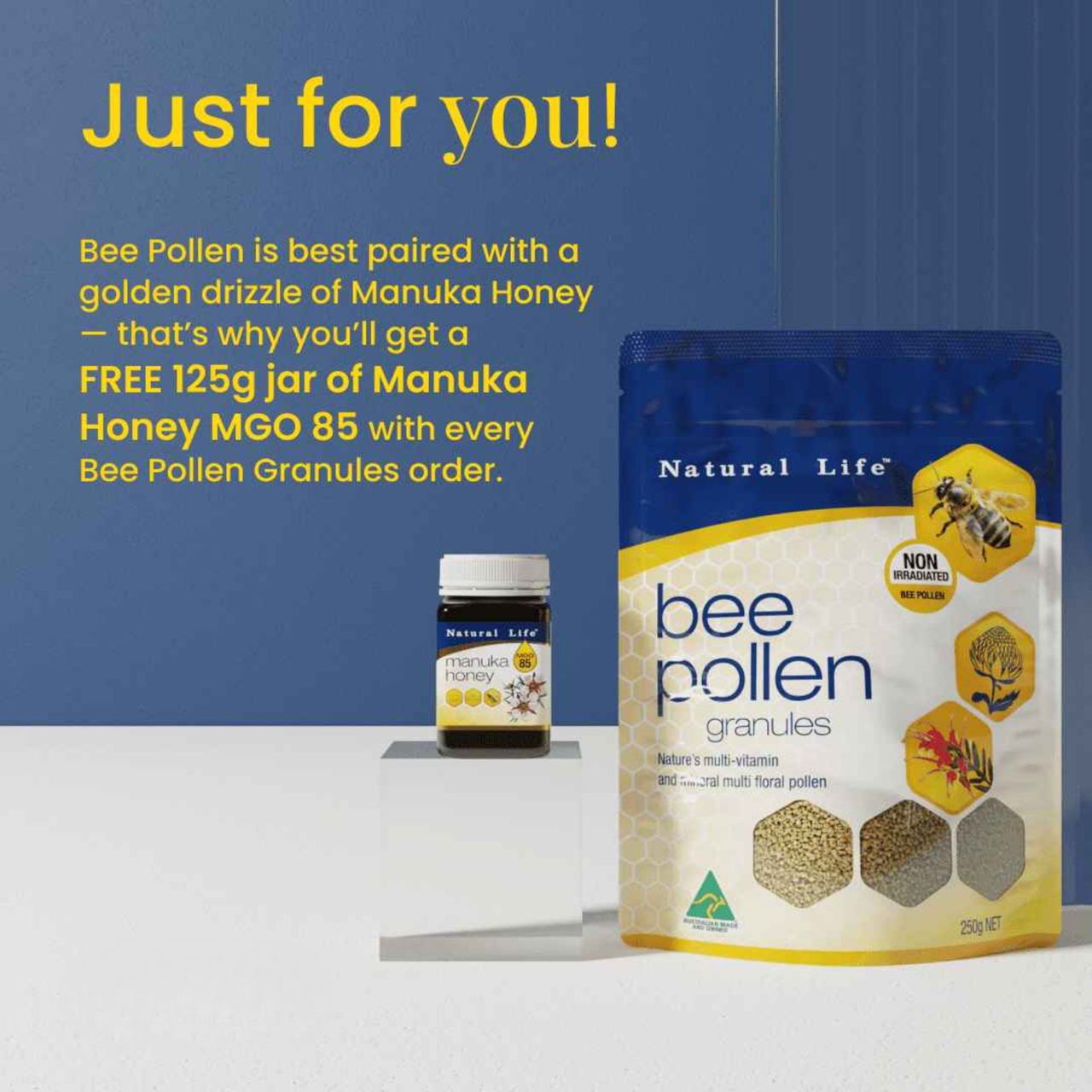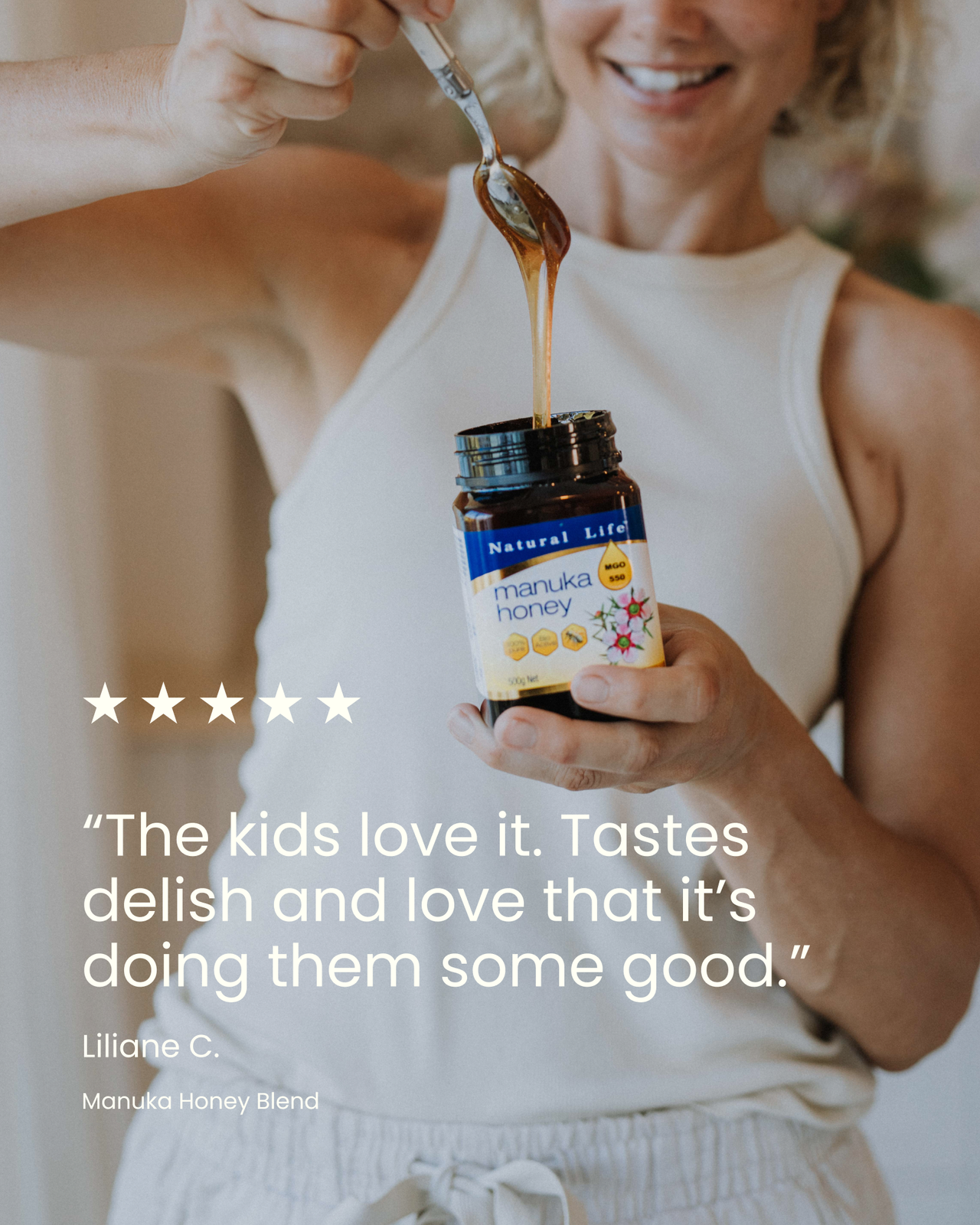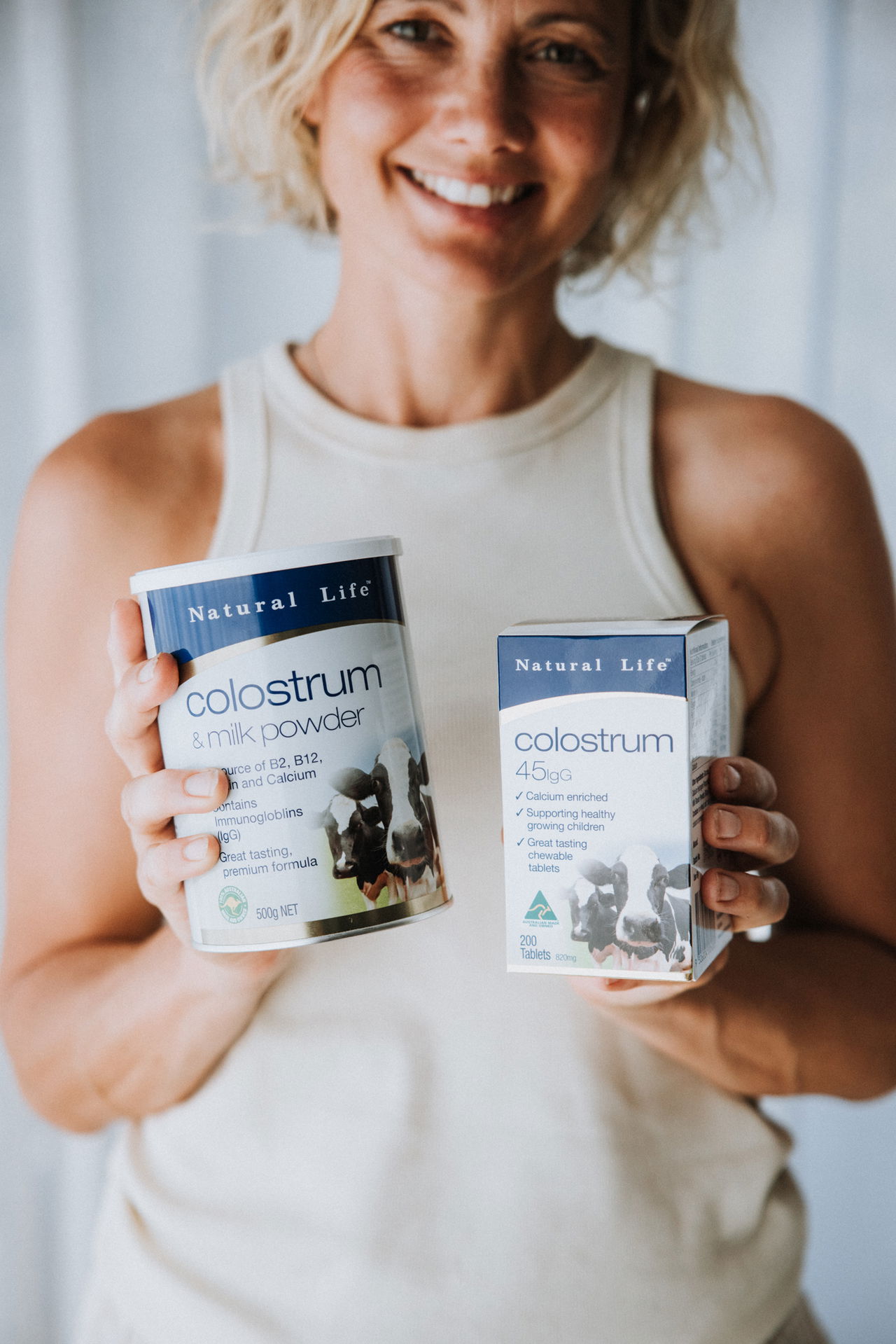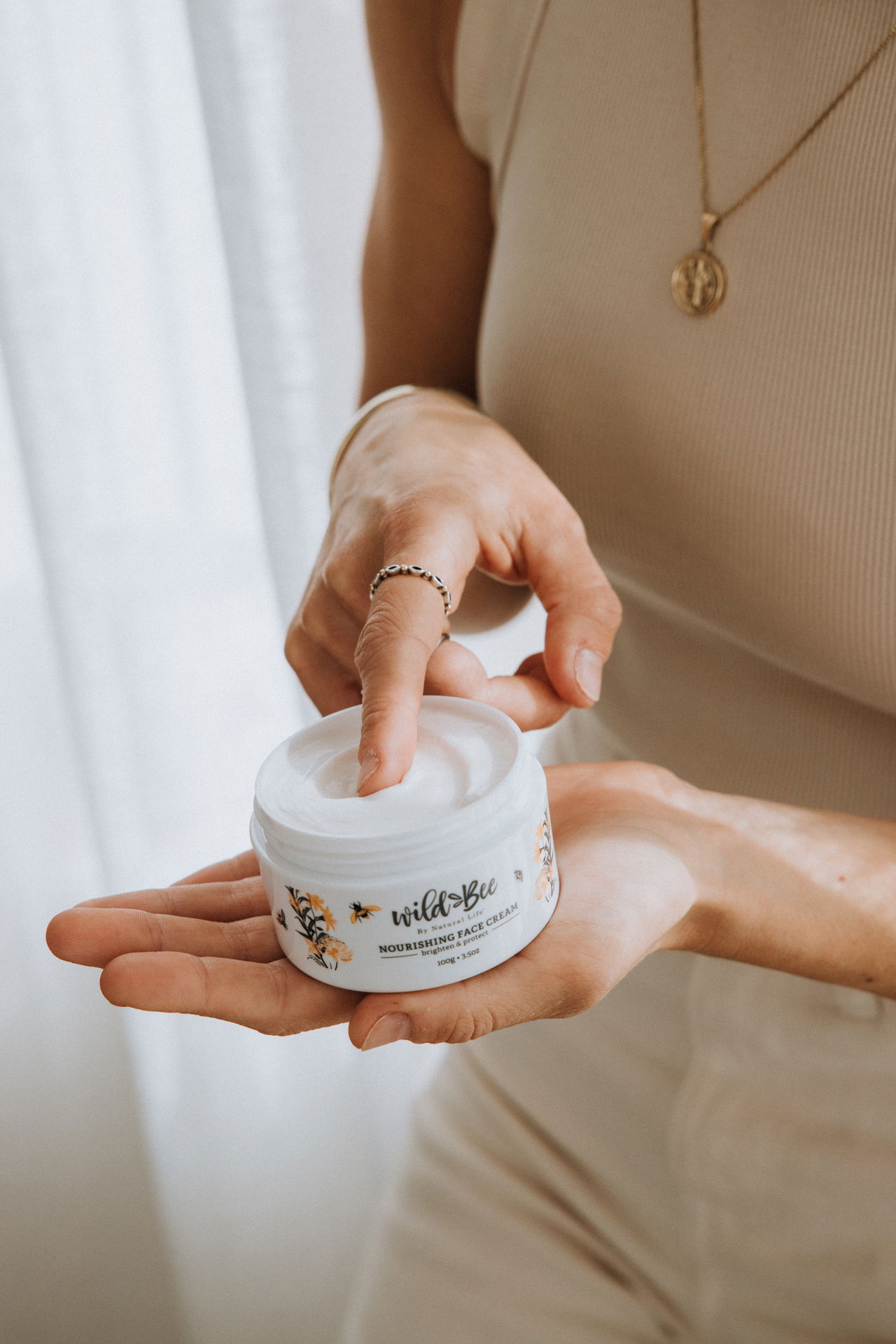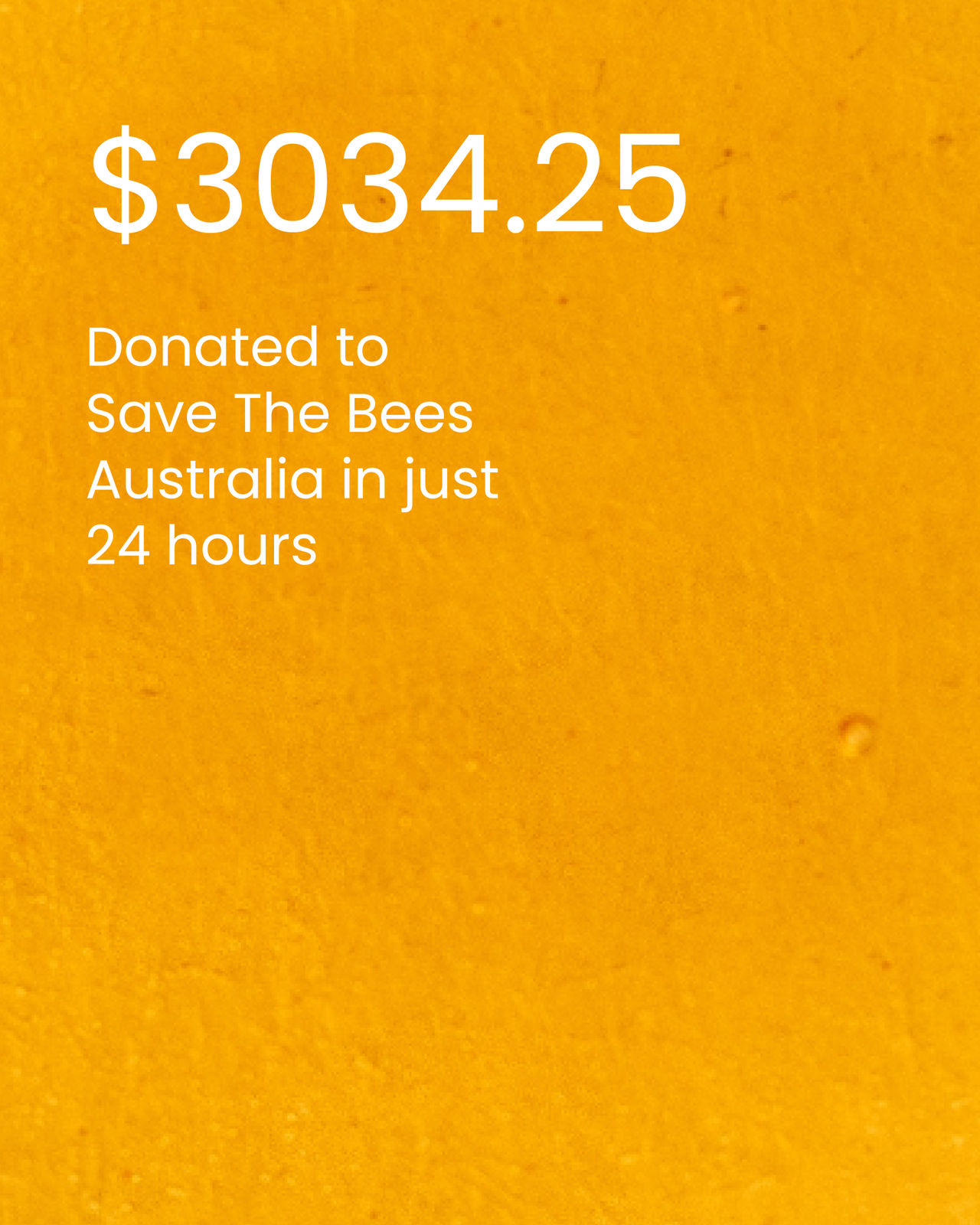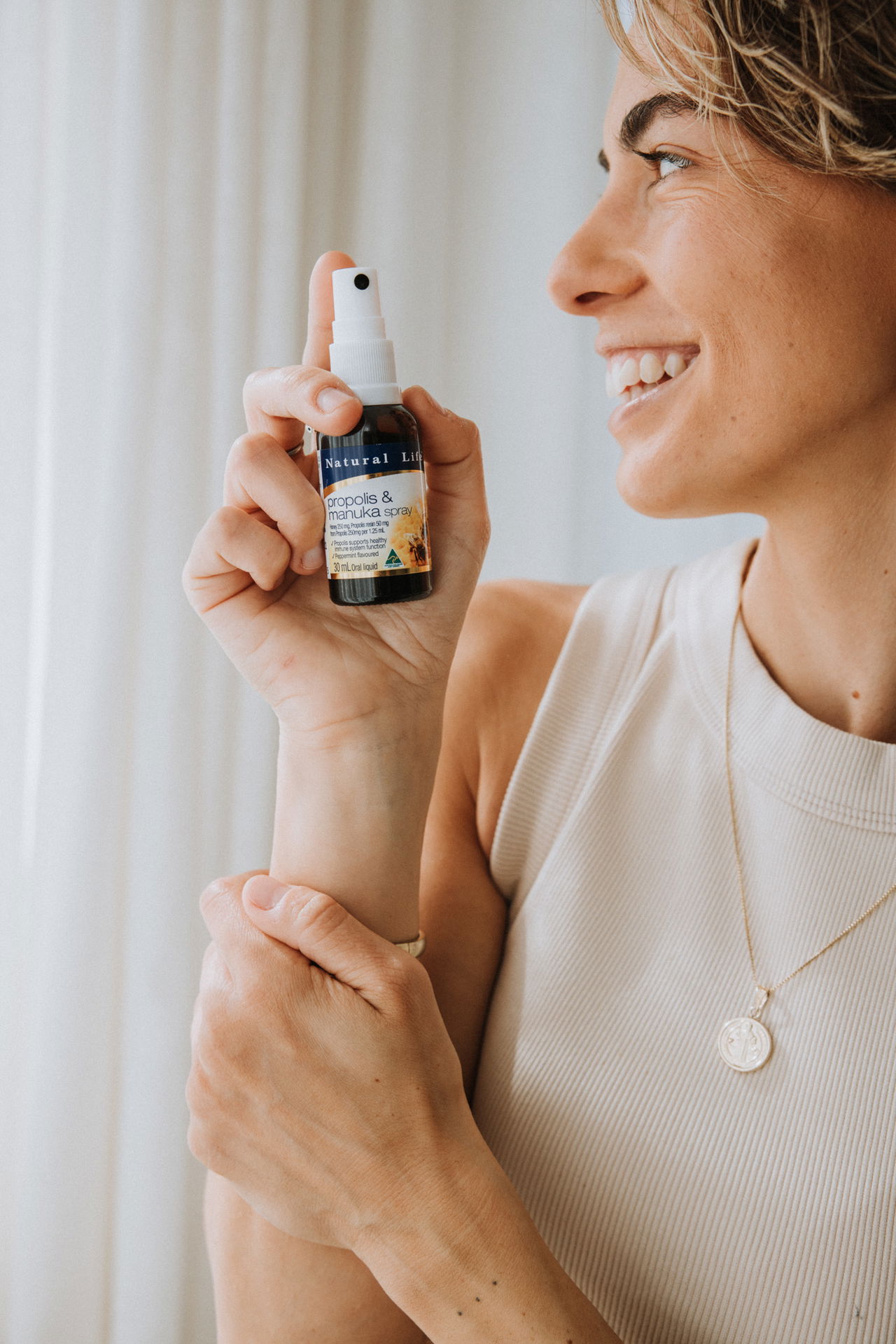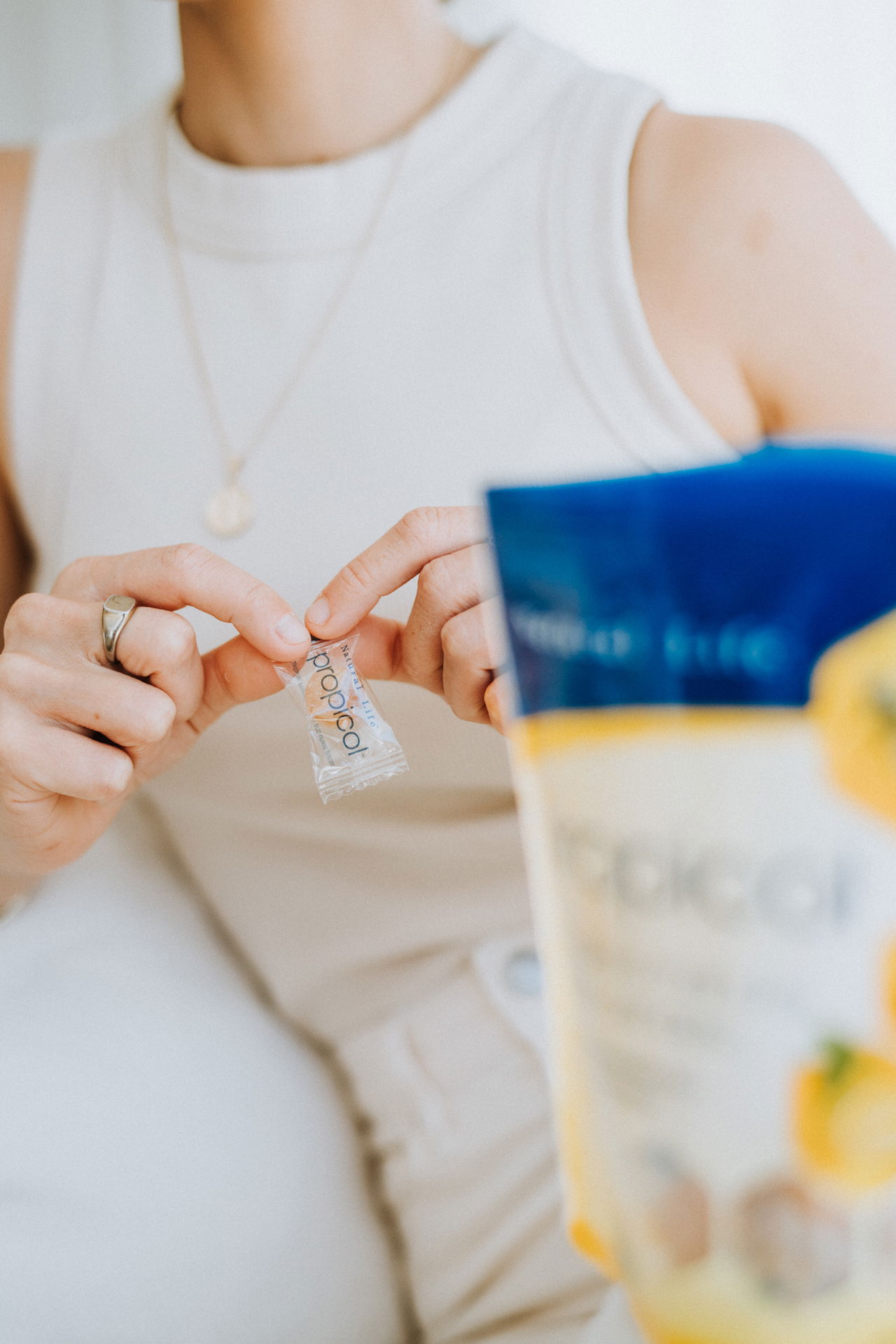What really constitutes a superfood, and is this label just marketing hype?
The list of so-called superfoods seems to be increasing every day as more and more are added.
The Oxford Dictionary definition states a superfood is “a nutrient-rich food considered to be especially beneficial for health and well-being”. (Wikipedia)
Interestingly the term Superfood is banned in the EU unless there is supporting scientific research for any medicinal claim that is attributed to that food.
What is a Superfood?
Here in Australia the term is widely used and here are just some of the foods that are described as super:
- Goji
- Maca
- Blueberries
- Cacao
- Chia
- Spirulina
- Kelp
- Marine Phytoplankton
- Coconut Oil
- Reishi Mushrooms
Some of these will be very familiar to you and others maybe less so but all are high in selected nutrients, antioxidants, vitamins and minerals which are generally beneficial for health.
Most of these superfoods are not native Australian foods. Although there may well be as yet undiscovered 'bush tucker', with many of the same attributes as foods from Asia and South America, there is one superfood which is local. In fact it is local just about anywhere in the world apart from the very cold climates.
That superfood is Bee Pollen.
What makes Bee Pollen a Superfood?
First of all Bee Pollen is a complete food in that it contains a broad spectrum of nutrients which are so well balanced as to satisfy all the nutritional requirements of honey bees. These include proteins, carbohydrates, sugar, vitamins, minerals and enzymes, making it a complete food in itself.
Pollen is a powder-like substance, which is actually the male germ cell available in flowers. This is one of the richest foods found in nature containing:
- In excess of 22 amino acids
- 18 vitamins
- 25 minerals
- 59 trace elements
- 11 enzymes or co-enzymes
- 14 fatty acids
- 11 carbohydrates and
- Approximately 25 % protein
Bee pollen is rich in carotenes, the anti-oxidant that your body converts to Vitamin A.
It includes Vitamin B complex as well as Vitamins C, D, E and Lecithin.
Kilo for kilo Bee pollen contains over 50% more protein than beef! This makes it an excellent source of protein for vegetarians and this amount is typical of the protein available in eggs and dairy products too.
Essential trace minerals, that may be missing from commercially grown vegetables are present in Bee Pollen so a daily intake ensures you receive these vital nutrients which are often omitted from supplements.
What is Bee Pollen good for?
Due to it’s amazingly high levels of vital nutrients here are just some of the conditions that will improve or by helped by taking Bee Pollen
- Immunity – helps build resistance to disease
- Detoxification – support to reduce symptoms when coming of drugs/alcohol
- Digestion – easily digested and aids digestions of other foods
- Male reproductive organ problems – taken regularly from early 40’s prostate problems can be averted
- Seniors’ Diets – often lack nutrients and Bee Pollen being easily absorbed, can help with vital trace elements as well as other nutrients
- Pregnancy and Lactation
- Energy – whenever a high workload or physical stamina is needed
The list goes on, but for sheer versatility and balance there is nothing like Bee Pollen for the full range of all the nutrients you need …indeed a true Superfood.
Our Bee Pollen is 100% pure, sourced from the pristine Eucalyptus forests of Western Australia.
Eucalyptus Pollens have an additional benefit of improving the ratio of good to bad cholesterol levels in the body – another great reason to choose naturally healthy Australian made Natural Life for your Bee Pollen.

